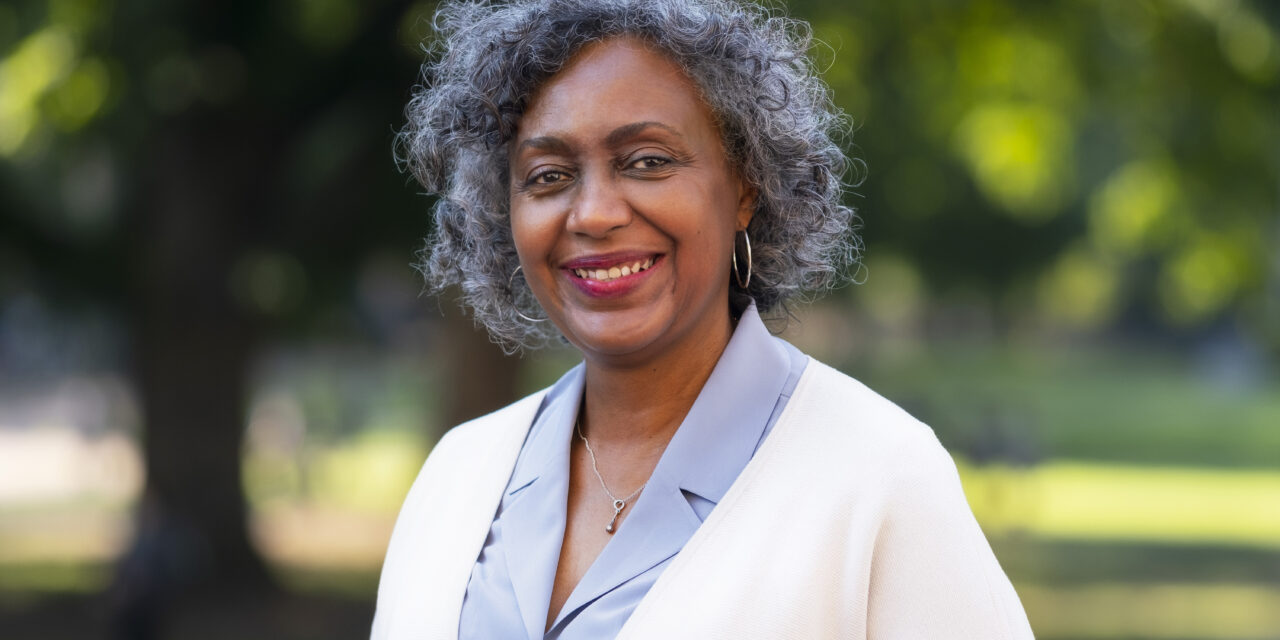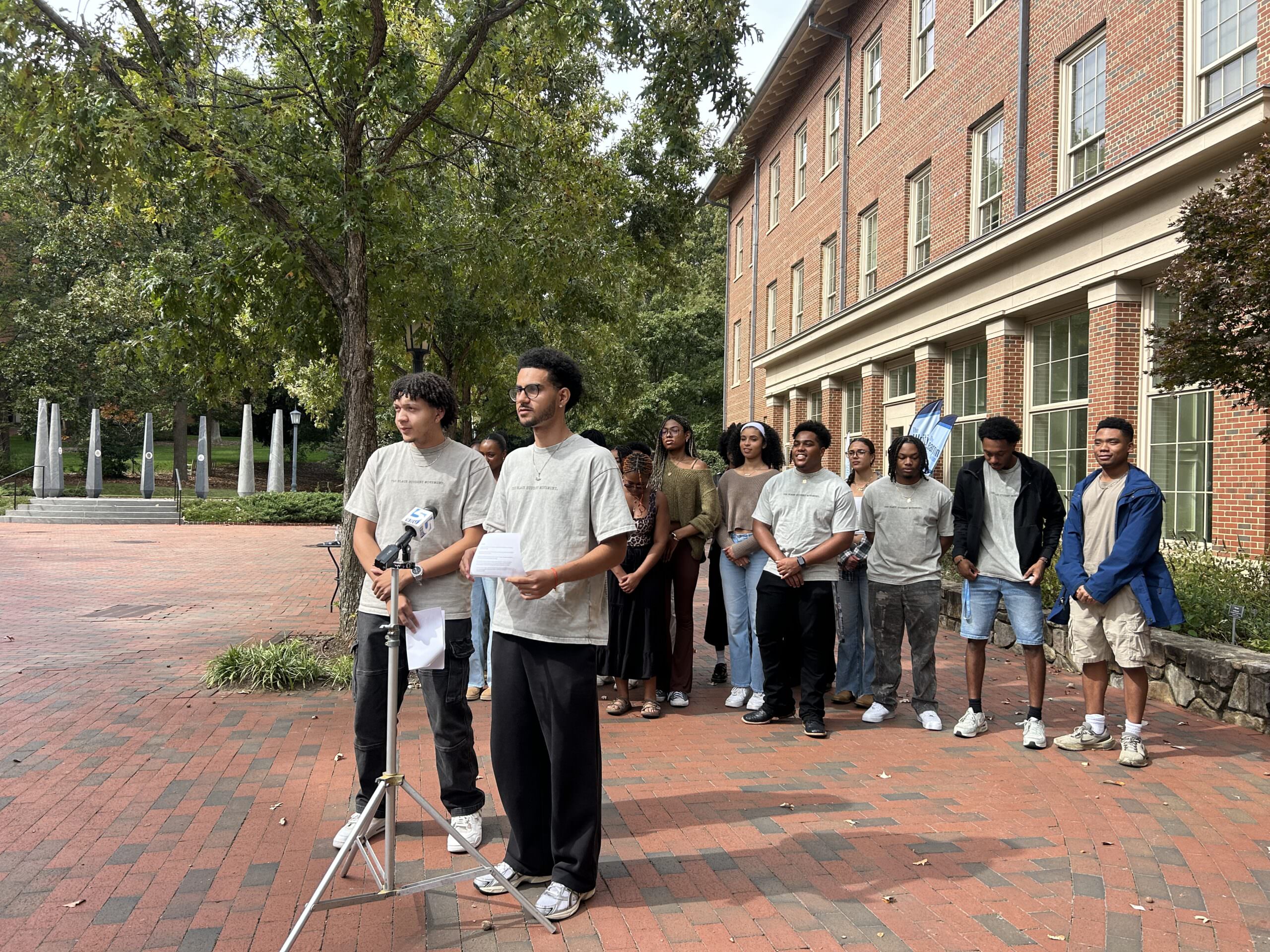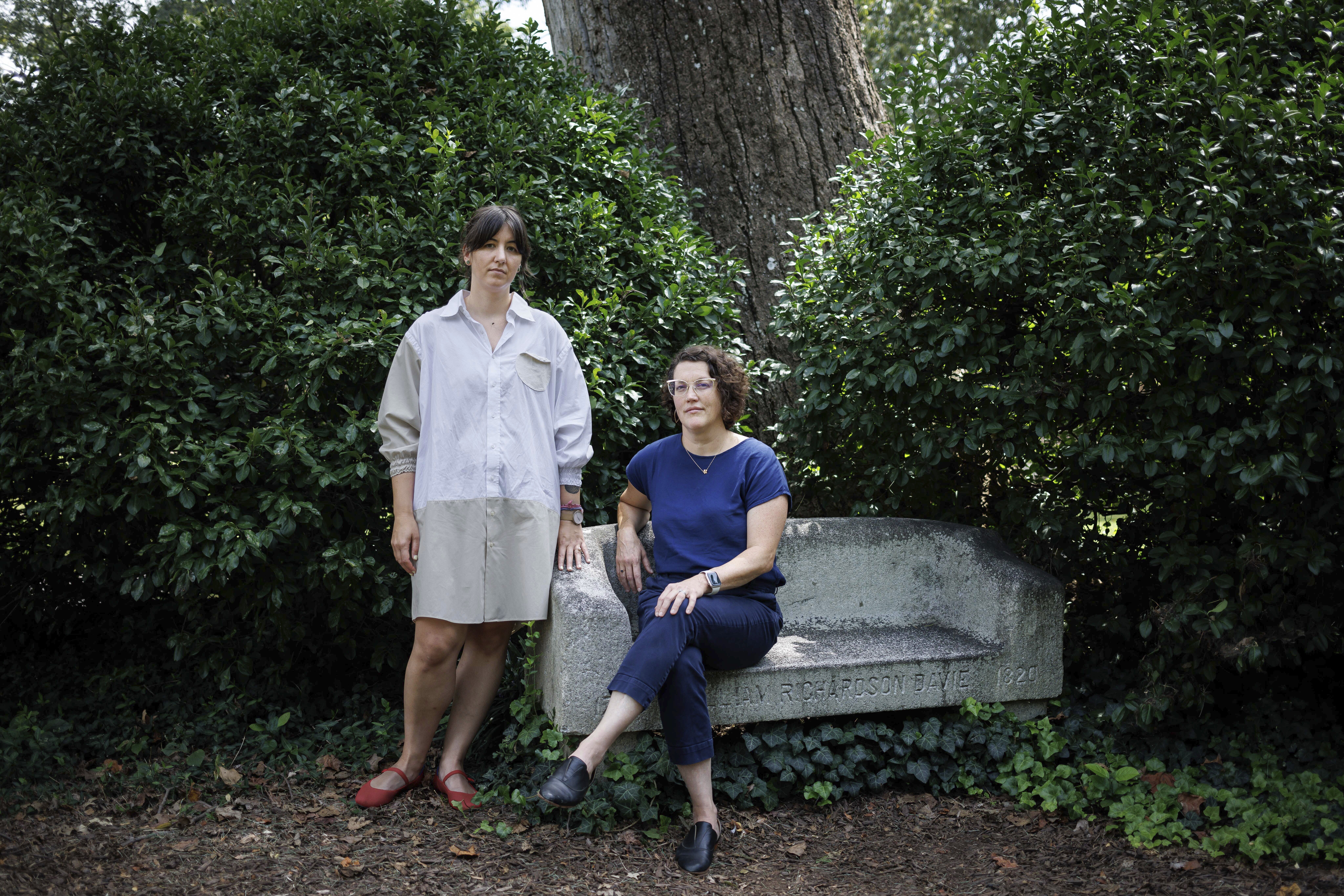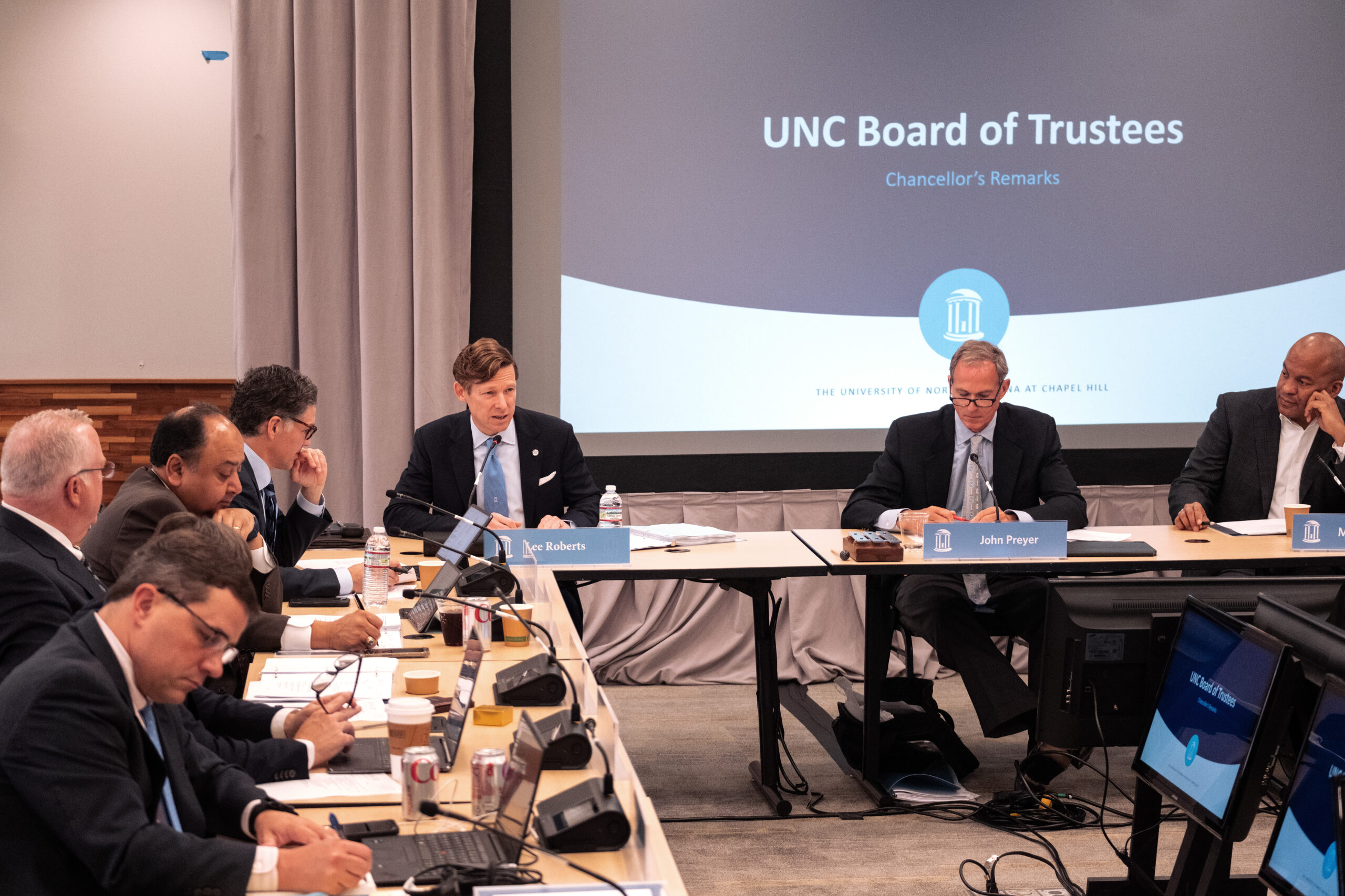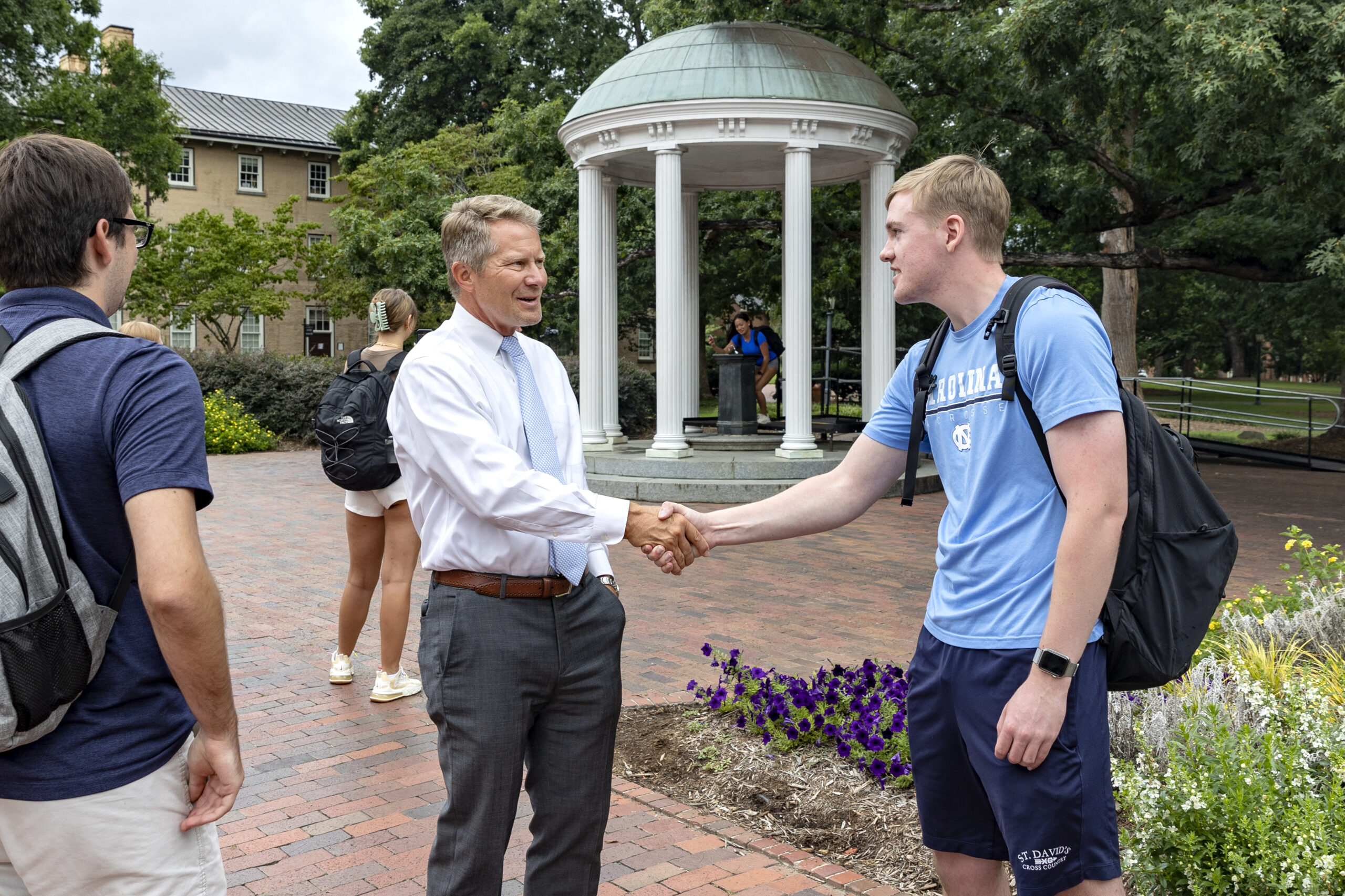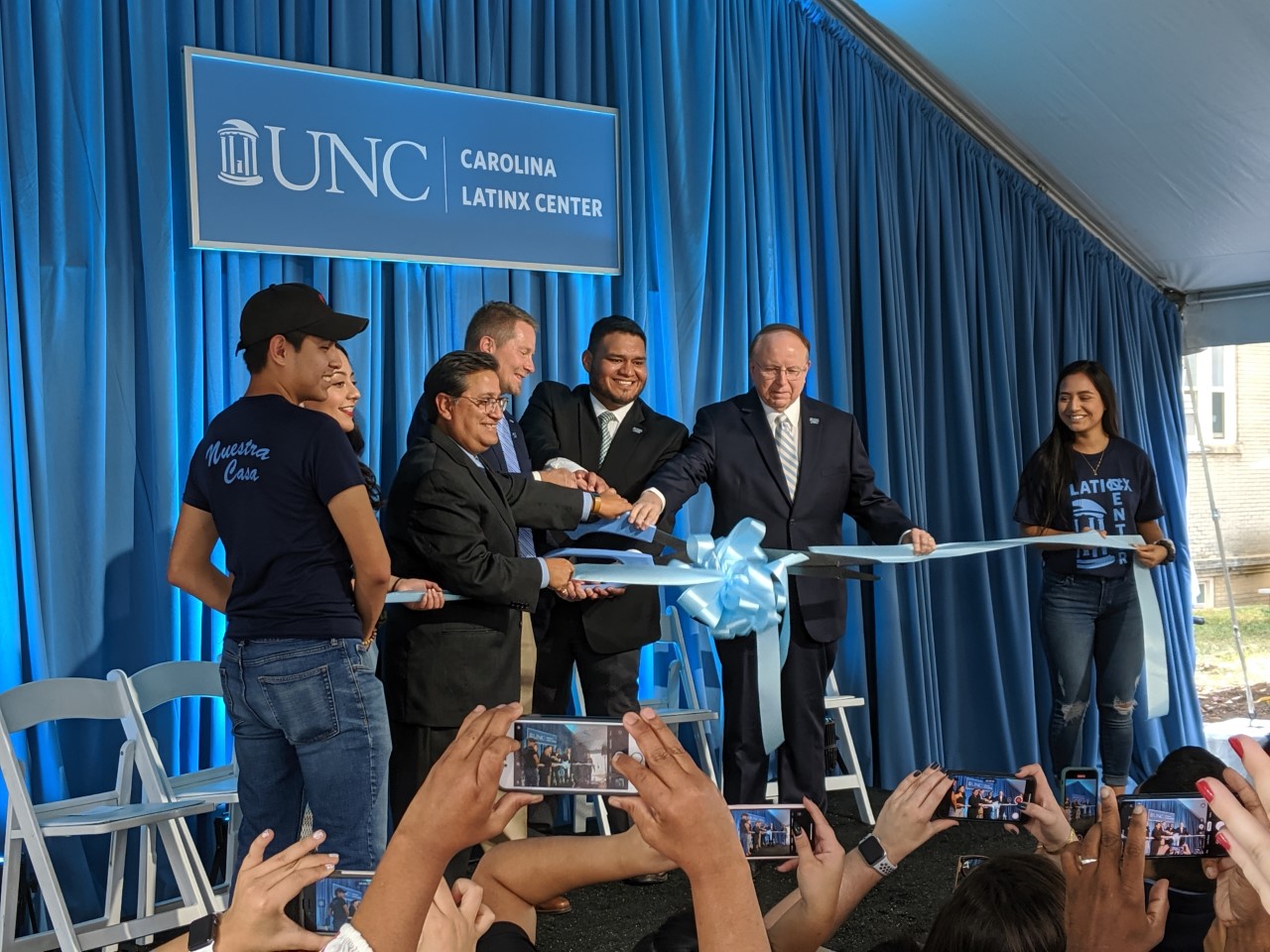Since the controversy surrounding UNC’s inaction to award tenure to journalist Nikole Hannah-Jones, the university has seen several changes. The UNC Diversity Office is facilitating conversations, reevaluating hiring methods and creating new inclusion programs.
Leah Cox took over the position of UNC’s Chief Diversity Officer in summer 2021. This was at the peak of the controversy surrounding the denial of tenure for acclaimed journalist Nikole Hannah-Jones.
When she started the role, Cox said she heard talks of faculty members considering leaving the university.
“What I also found is that there are a lot of folks committed to being here,” Cox said. “They love this campus and want to see the university exceed.”
Cox said those faculty members recognize there are issues, but many are working as part of the University Diversity, Equity and Inclusion Council to help address those issues.
The DEI council aims to act as a collective voice to advise UNC leadership on the best practices for structural change.
Cox said the council not only focuses on ensuring students feel a sense of inclusion on campus, but that faculty and staff do as well – citing the treatment of Nikole Hannah-Jones as evidence of when potential faculty felt they did not belong.
“I recognize what took place with Nikole Hannah-Jones happens across the country,” Cox said. “It’s not new. This one just happened to really be public. We have to do a better job of making sure that the policies are fair and equitable. We’re really working hard to get folks who look like our students in those seats to be our faculty members.”
Cox said there are biases in bringing in candidates and applicants. Programs on inclusive searches, she said, could help to eliminate those biases so people are not pushed out for any reason. Additionally, these search programs can aid in having candidates want to come to UNC because job openings are not just a one-way street.
“We are going to set up some initiatives and programs that are focused at students,” Cox said. “Then some that are focused at faculty and staff and some hiring incentives that hopefully will change the way we do business and who’s here at UNC.”
One way of doing this, Cox said, is having diverse voices not limited to just race. She said advancing diversity in higher education means exposing others to perspectives beyond their own. This can provide the training and knowledge to inform their opinions on issues across campus.
“We’re talking about folks who have disabilities,” Cox said. “We talk about religion. We talk about ideologies. We need folks to understand having those voices in a room makes a difference.”
Cox said next steps for the UNC Diversity Office include group trainings throughout the spring and summer to facilitate future conversations across campus come this fall.
“Getting folks to listen and to hear the other voices in the room is the hardest part,” Cox said. “[We want] to get folks to open up their hearts and their minds to listen and have that conversation without anger, frustration or fear because fear oftentimes holds us all back from listening.”
With the work from the Diversity Office, Cox said she believes they can change the trajectory of how people talk about UNC.
“We’re hoping that this is gonna work,” Cox said. “I think it’s gonna work.”
Photo via Jon Gardiner/UNC-Chapel Hill
Chapelboro.com does not charge subscription fees, and you can directly support our efforts in local journalism here. Want more of what you see on Chapelboro? Let us bring free local news and community information to you by signing up for our biweekly newsletter.

